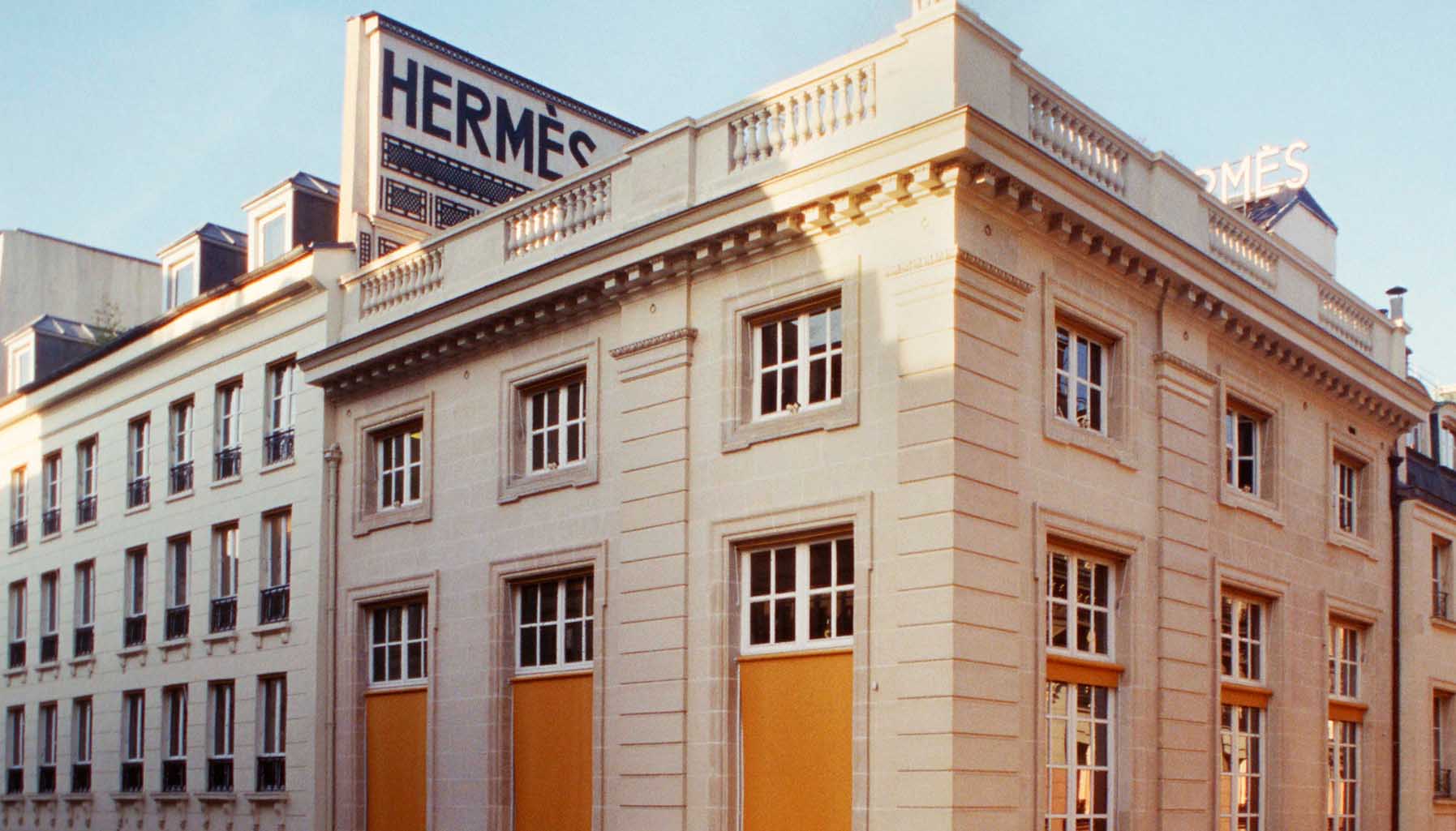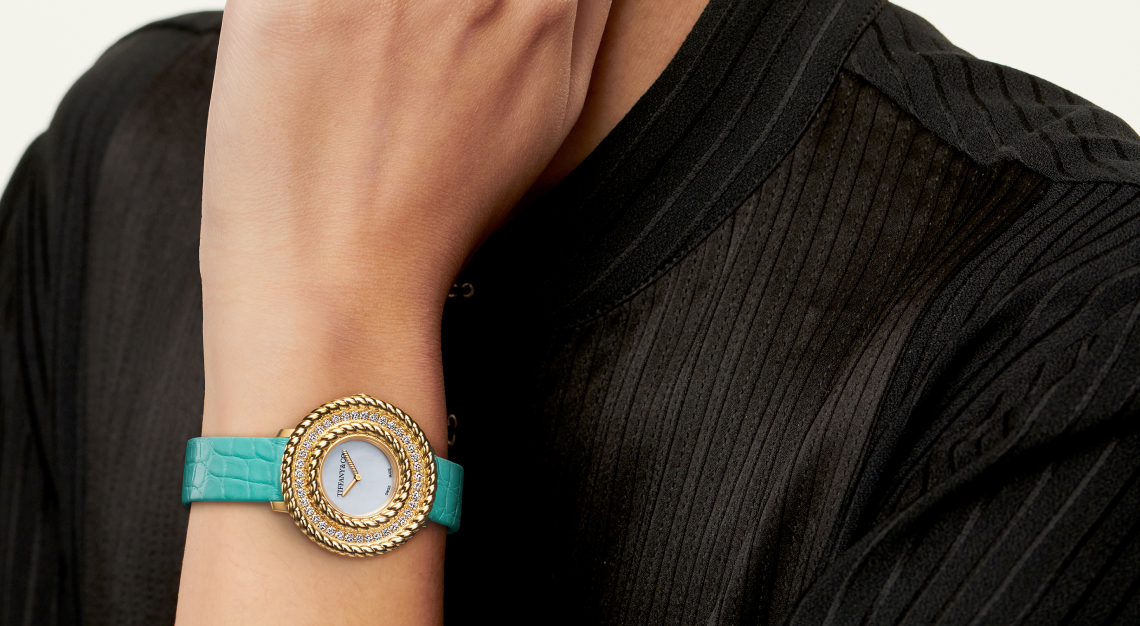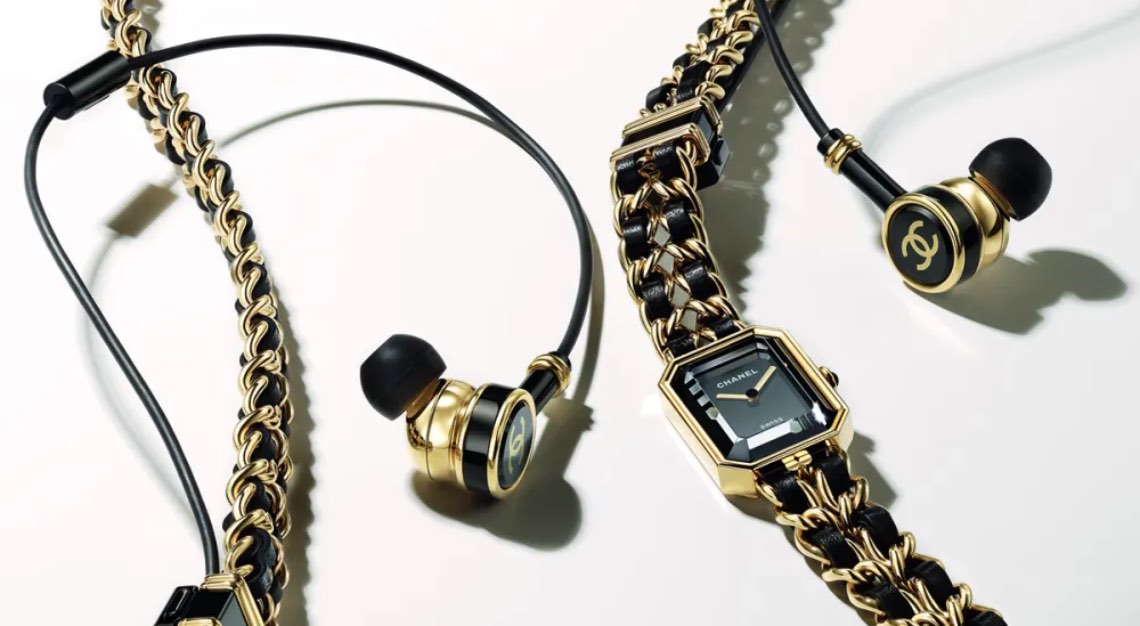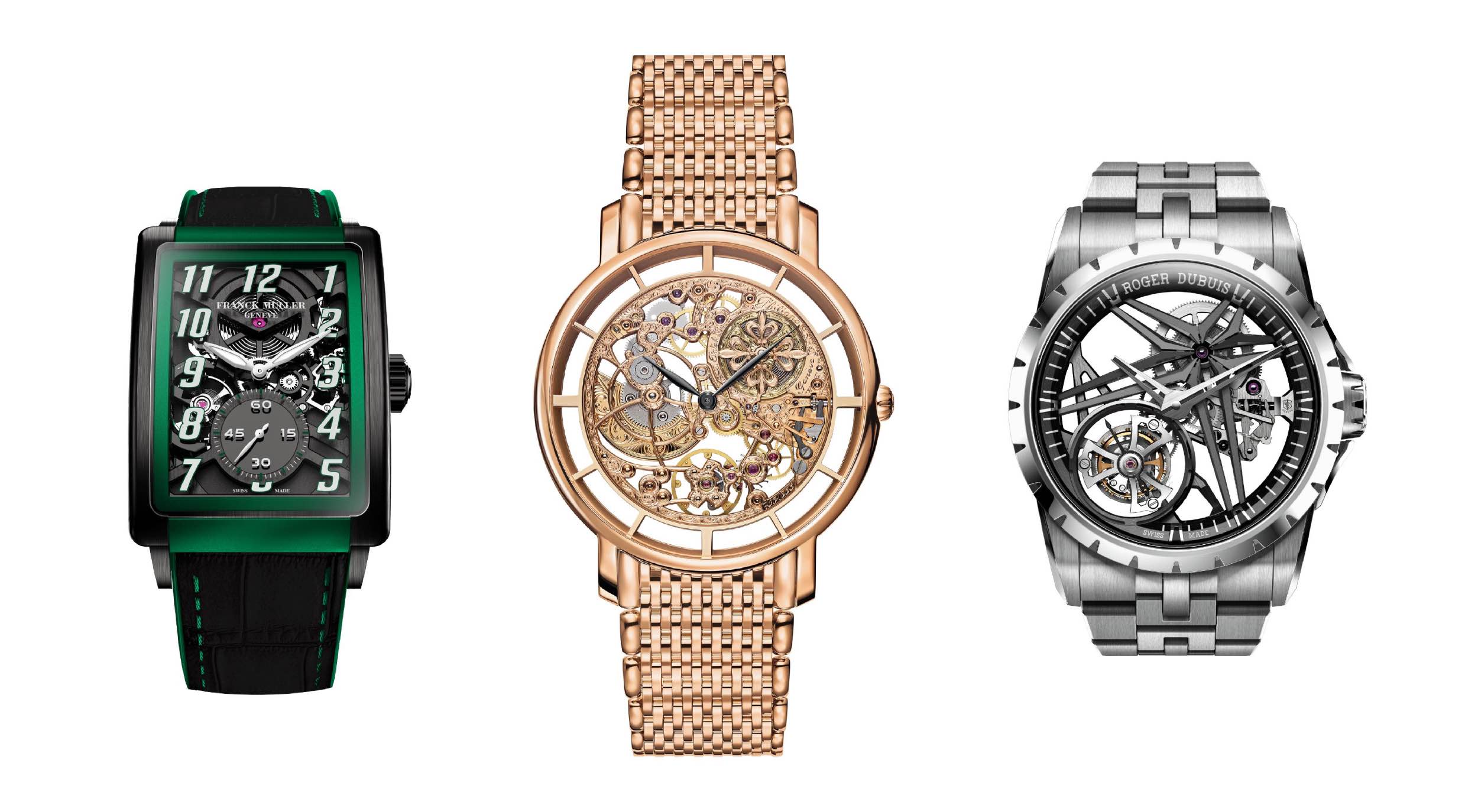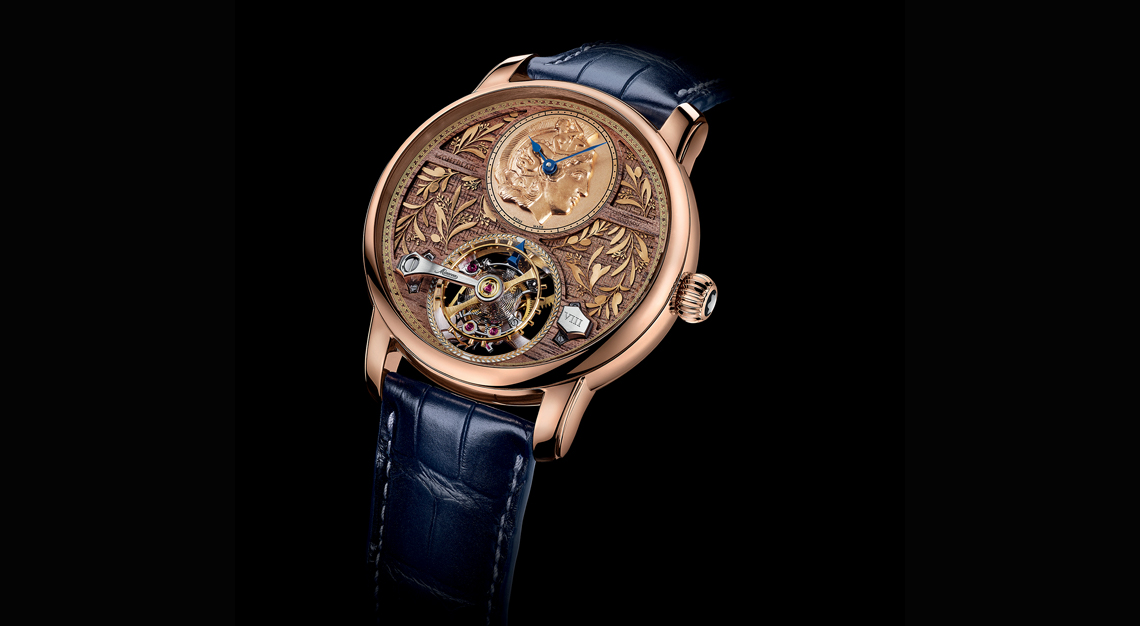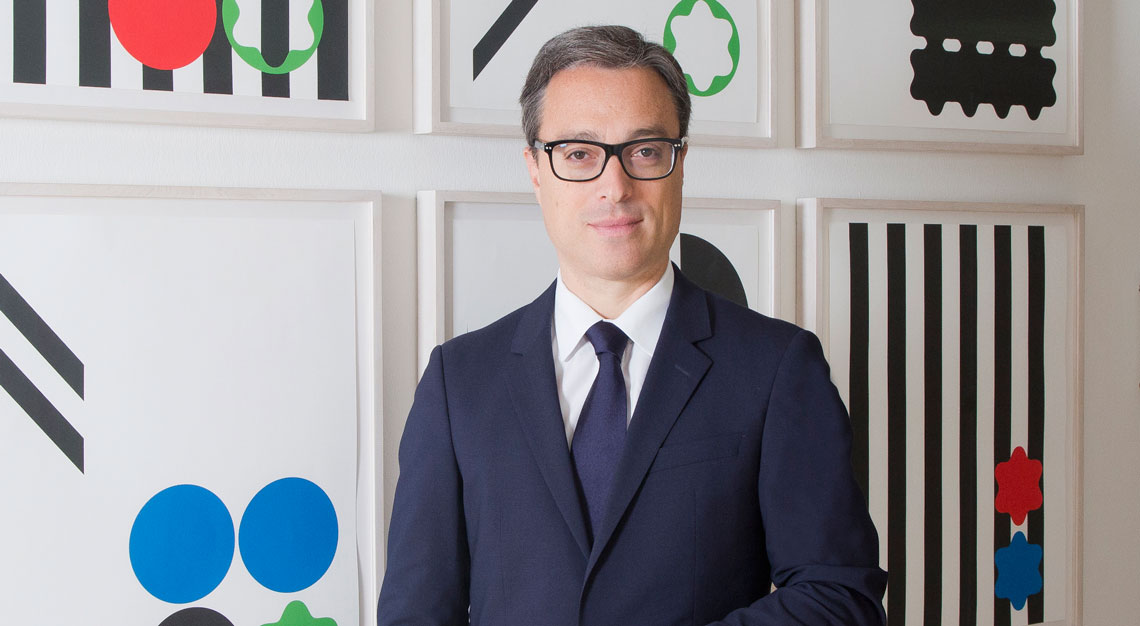treasured heirlooms
Family-run businesses remain true to their values of craftsmanship and innovation to create one-of-a-kind pieces that are worth collecting. Four of the world’s most respected independent labels tell Robb Report how they’ve maintained their positions at the pinnacle of their industries.
HOLDING THE REINS
As far as investment purchases go, procuring any Hermes bag – or Hermes anything, really – is akin to owning a work of art. Since Thierry Hermes established himself as an artisanal harness maker in 1837, the brand has been synonymous with elegant, exquisitely crafted products that are as functional and long-lasting as they are pleasing to the eye.
Today, the sixth generation of the Hermes family maintains a steadfast devotion to championing and protecting the traditional craftsmanship that has long defined the brand. Just last year, Hermes successfully warded off a prolonged takeover attempt by luxury conglomerate LVMH, with chief executive Axel Dumas, a sixth generation family member, calling this, “the battle of my generation … Hermes is not for sale, and we are going to fight to stay independent”.
This victory, Dumas said in an interview on BBC’s Business Live, is about upholding the founding values of the company. “(The family doesn’t) really care about financial results. They don’t really care about short-term success. What they want is that we keep Hermes with their own creativity and craftsmanship for the long-run,” he says. To ensure unparalleled quality in everything that bears the Hermes name, the company has over 11,000 people under its employ worldwide, including leather workers, couturiers and seamstresses.
Over the years, each generation has contributed to the growth and expansion of the company, while investing in cultural capital in more ways than one. One of the company’s most delightful initiatives has to be Petit h, a one-of-a-kind metier established by Pascale Mussard (another sixth-generation family member) to breathe new life into unused or leftover materials from the brand’s production workshops. It is a stroke of genius that not only showcases the boundless creativity that the fashion house supports, but also allows the company to recycle exquisite material. Now that’s luxury that is simply priceless.
HAUTE STONES
Diamonds may be a girl’s best friend, but the most discerning women know that not just any sparkling rock will do.
For collectors of exceptional gems that transcend the extraordinary, the name to rely on is Graff Diamonds. From the famed 603-carat Lesotho Promise to the Graff Constellation – the world’s largest round brilliant D internally flawless diamond – it has been said that more extraordinary and rare diamonds have passed through founder Laurence Graff’s hands than any other expert in the world.
Often described as the king of diamonds, Laurence built his sparkling empire on a “lifelong passion” for these captivating stones. But acquiring such exceptional gems is more than just a numbers game for the company – it is about captivating connoisseurs with the romantic, and sometimes mysterious stories of these rare wonders. “I believe that when you acquire a stone, especially one which is very rare, it is an enormous responsibility,” Laurence said in an interview with the Financial Times. “You are not just a diamond trader; you are a collector and guardian while you own it.”
Today, his son Francois has taken over the helms of the family business as its CEO, continuing his father’s legacy of seeking out nothing but the best.
“We are known for the most fabulous jewels in the world, incredible one-of-a-kind pieces that cannot be found anywhere else. We are passionate about each and every diamond that has passed through the house over the course of our history, which includes many of the largest and rarest stones uncovered this century,” says Francois.
To ensure this exceptional approach to fine jewellery remains strongly coded in the company’s DNA, members of the Graff family are involved in various aspects of the business. Laurence’s brother Raymond directs Graff’s jewellery production and his nephew Elliott is responsible for operational logistics, merchandising and design. “We work together as a family and global team, to strengthen and develop our business,” says Francois.
EXCELLENCE MADE TO MEASURE
When it comes to luxury menswear, no label is more synonymous with precision tailoring, excellent fabric and impeccable service than Ermenegildo Zegna.
Founded in 1910 in Italy by Ermenegildo Zegna, the brand is now helmed by chief executive Gildo Zegna and chairman Paolo Zegna (they are cousins). It has grown from strength to strength over the past century by remaining true to Ermenegildo’s vision: the ethical production of the world’s finest fabrics by sourcing for the bestquality fibres. Today, the vertically integrated business is the world’s largest luxury menswear purveyor and encompasses fabrics, menswear and accessories. But what remains unchanged is the family’s clear vision in running the company, says Gildo. In an interview with The Business of Fashion, Gildo said, “We are lucky that our grandfather left us with such a strong heritage: savoir faire in craftsmanship, entrepreneurship, ethical values, passion for our work, discipline and the importance of the smallest of details. Our commitment to honouring and upholding these values is rooted in long family tradition and forms one of the pillars of our success.”
What socially conscious customers will love is the brand’s commitment to philanthropic efforts and environmental sustainability. Founder Ermenegildo led the charge in the 1930s by implementing a reforestation programme in his hometown of Trivero. By 1993, the family had expanded his ideas to establish the Zegna Oasis project, a “living laboratory” for nature and sports lovers to spend time in a 100sqkm protected region of the Italian mountains.
Gildo’s sister Anna says: “For the Zegnas, it all started with a social commitment to the small community and the people of Trivero. We pass these values on to our children from generation to generation, and it is the duty of the family to bring these values to the company.”
IN GOOD TIME
Patek Philippe is the last remaining family-owned independent watch manufacturer in Switzerland – a fact that company president Thierry Stern is extremely proud of.
Just like in luxury fashion, independent timepiece manufacturers are fast becoming a rarity as large conglomerates snap up private brands. But selling out is the last thing on Stern’s mind. As the fourth-generation family member to lead the business, he is fully aware of the legacy he has inherited. “Being a family-owned watch company means being totally independent financially and this is what gives us the freedom to continue to create exceptional timepieces,” he says.
Since the brand was founded in 1839, Patek Philippe has been synonymous with some of the world’s most exquisite timepieces. Take, for instance, the Calibre 89, which was launched to commemorate the brand’s 150th anniversary in 1989. With 33 complications, it still holds the record as the world’s most complicated portable timepiece. Just last year, for Patek Philippe’s 175th anniversary, the brand once again surpassed all expectations with Grandmaster Chime, a super complicated wristwatch with a double face case. Achieving this level of technical expertise and constantly creating groundbreaking horological marvels do not come without effort. The company is known for investing in research and development, and keeping a close eye on the industry’s quality control standards. Focusing on quality over quantity is an essential tenet of the company’s mission. Stern says, “We do not make short-term decisions to please shareholders and this is key to our partners in retail and of course, our clients.”
In a digital era when time seems to move too quickly, taking things slow can indeed be risky business. Stern observes: “The quality and complexity of our timepieces limit our production growth and, in some cases, ability to answer demand in existing markets. It also limits the possibility of moving faster in new markets or even opening in new potential markets.”
But keeping up with the Joneses is not what the company is interested in, especially since it aims to make watches that will transcend time itself. After all, what Patek Philippe customers want are heirloom pieces that will withstand fickle trends. It may take effort and patience to procure a Patek Philippe watch, but as they say, good things are well worth waiting for.
